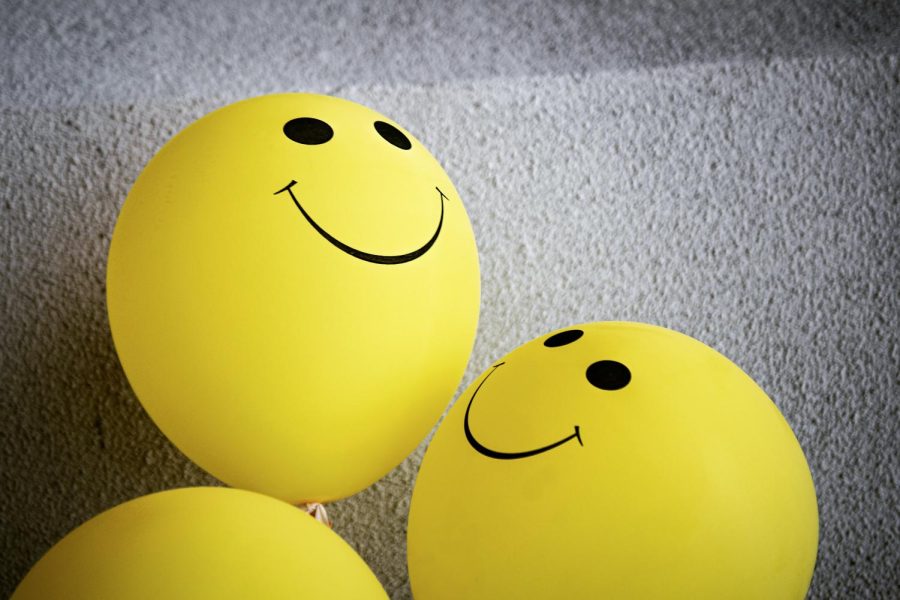Mental Health and the College Student
November 16, 2022
The mental health crisis across the United States is at a record high with the CDC reporting two thirds of college students reporting anxiety and depression. The CDC reports 63% of students 18 to 24 dealt with anxiety and depression, specifically due to the pandemic. Additionally, 25% of them reported having suicidal thoughts. These numbers reflect a rapidly growing crisis within college students for several reasons including the pandemic, social pressures, family, academic pressures and more.
Cases continue to rise due to the stigma of mental health breaking and becoming more normalized, giving others the courage to speak up. According to Dr. Lia A. Knox (Founder and CEO of Knox Behavioral Health Solutions and Co-Founder of Black Space Inc) from an interview on 103.7, she believes we are moving in the right direction for mental health to be discussed more openly and comfortably but she was in agreeance that there is a long way to go, especially when the demographics are narrowed down such as men’s mental health, mental health in the black and brown communities, mental health in the LGBTQ communities and more.
With the rise of mental health crisis in our nation a lack of therapists and psychologists are playing a large role for those seeking help difficult. Thankfully at Lakeland University there is a plethora of resources that college students can utilize, such as free and confidential counseling for all traditional undergraduates with either Alex Liosatos (LPC) or Christine Jenkins (LPC). Each therapist can provide in-person or virtual support for concerns such as stress, anxiety, depression, relationship issues, grief, and other concerns. Making an appointment is easy with a bit of paperwork to fill out in advance. Appointments last around 45 minutes and students can chat with a counselor before deciding if they would like to schedule a full appointment.
Liosatos said, “We also have a peer support provider this semester, our GA Tralese Campbell, who you can talk to for milder concerns or current stressors. Tralese graduated recently from LU and has been trained to provide free, confidential, non-judgmental support. You can also contact her to learn more about using a light lamp to list mood in winter, which you can try in her office, as well as an Emwave device that helps you regulate your own heart rate and stress, using computer software. Contact info: [email protected]. “
Another option that Lakeland offers is yoga classes on Wednesdays at 7 p.m. with teacher Jenny Tanck, in Gould Commons. Mats are provided, beginners are welcome! Just wear comfy clothes and give it a try! Old Main also offers The Oasis on the top floor that is full of de-stressing tools and can be used any time a student would like to.
A look at mental health numbers in Wisconsin can be found through the National Alliance on Mental Illness.
A list of resources for Lakeland University students
Follow the LU Counseling center:
Facebook: Lakeland University Health and Counseling
Instagram: LUCounselingCenter
YouTube: LUcounseling
Counselor Bios
https://my.lakeland.edu/ICS/Campus_Life/Counseling_Services.jnz
Use this link to do an anonymous self-screening:
https://screener.ulifeline.org/
You can follow up with a counselor if you would like to discuss the screening results.
For mental health emergencies, contact campus safety (ext. 1126), call our local, free Mobile Crisis (920-459-3151), text the national crisis Hopeline at 741-741 or call/text the new national crisis number: 988.


